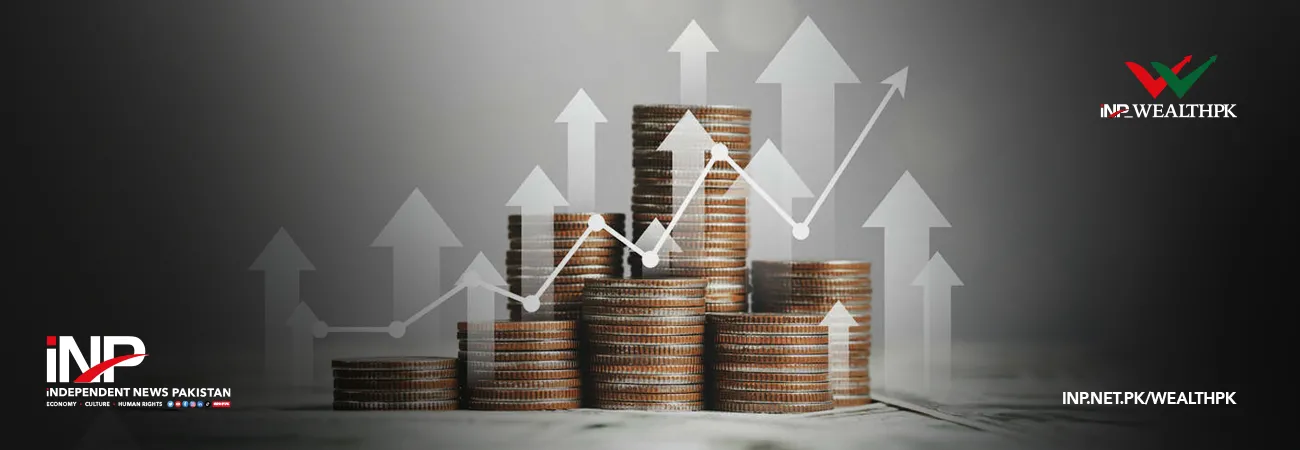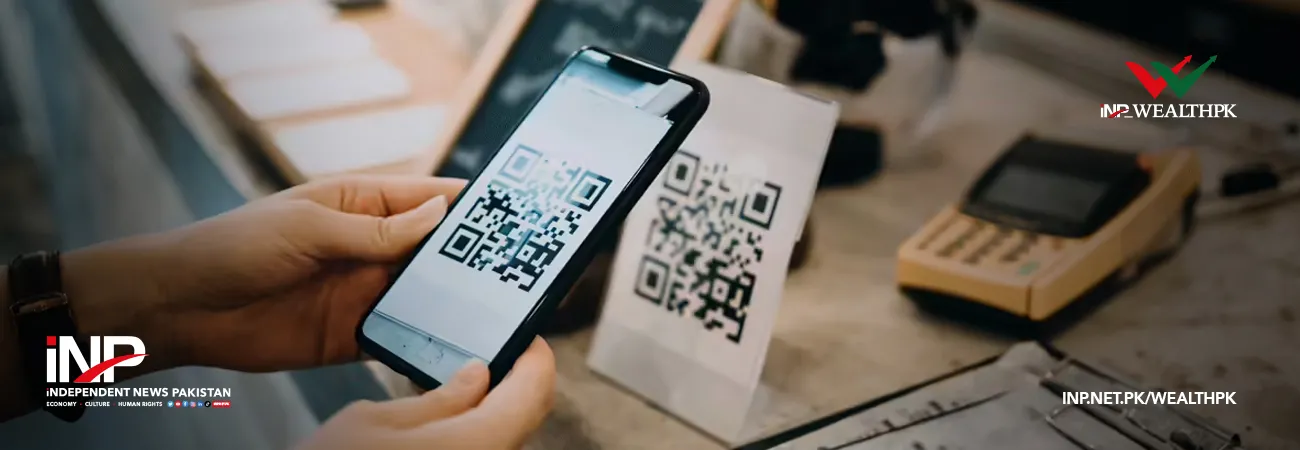INP-WealthPk
Qudsia Bano
The revision in the policy rate to the unprecedented 22% by the State Bank of Pakistan (SBP) has increased the cost of financing, discouraged borrowing and adversely impacted economic activities, experts said while talking to WealthPK. According to experts, the central bank’s objective is to reduce inflation to a target range of 5% to 7% by the end of the Fiscal Year 2025; however, the persistent increase in the policy rate will hurt economy in the long run. Talking to WealthPK, Dr. Sajid Amin Javed, Deputy Executive Director and founding head of the Policy Solutions Lab at the Sustainable Development Policy Institute (SDPI), said this abrupt change in the stance had dented the credibility of the central bank.
“On June 12, the SBP announced that the situation was under control and that there was no need for a rate increase. However, the subsequent decision to raise the rate could erode trust in the central bank among economic institutions, businesses, and market participants,” he said. Dr. Sajid emphasized the importance of maintaining consistency and transparency in the decision-making processes to foster trust and confidence in the central bank. Acknowledging the necessity of hike in the interest rate, he said the market interpretation suggested that it was primarily driven by the IMF's requirements for loan program revival. He noted that despite the potential impact on credibility, the decision was crucial to preventing the country from facing a more severe economic scenario with higher interest rates and other unfavorable conditions.
Dr. Javed's remarks highlight the delicate balance the central bank must maintain between keeping economic stability, meeting the IMF demands, and ensuring public trust. The decision, though necessary, underscores the need for effective communication and transparency to maintain the central bank’s credibility and preserve the confidence of economic stakeholders, he added. Talking to WealthPK, Asim Mustafa, Regional Corporate Head at Faysal Bank Limited, said the recent policy rate hike had raised concerns about its potential regressive impact on the industry and its implications for the overall economic growth.
“With financing becoming more expensive, businesses in Pakistan may face challenges in accessing an affordable capital, which could dampen investment and hinder the expansion plans. This, in turn, may lead to a slowdown in industrial output and job creation. Furthermore, the increased cost of debt servicing for the government could strain public finances. As the interest rates on the existing loans rise, the government's debt burden escalates, putting additional pressure on the budget. This could limit the government's ability to allocate funds for crucial sectors such as health, education, and infrastructure development,” according to Asim. He said the increase in interest rates could potentially exacerbate this situation, as higher borrowing costs might trickle down to consumers through increased prices of goods and services.
Credit : Independent News Pakistan-WealthPk













